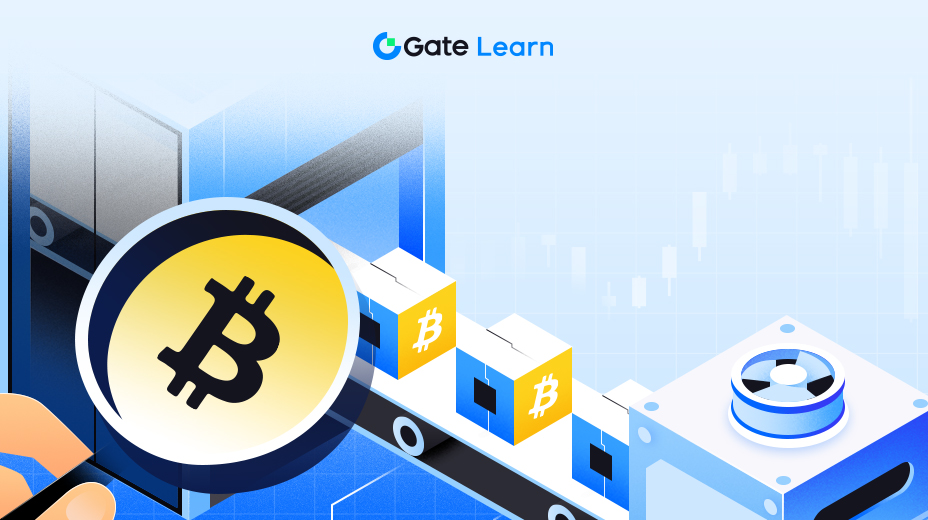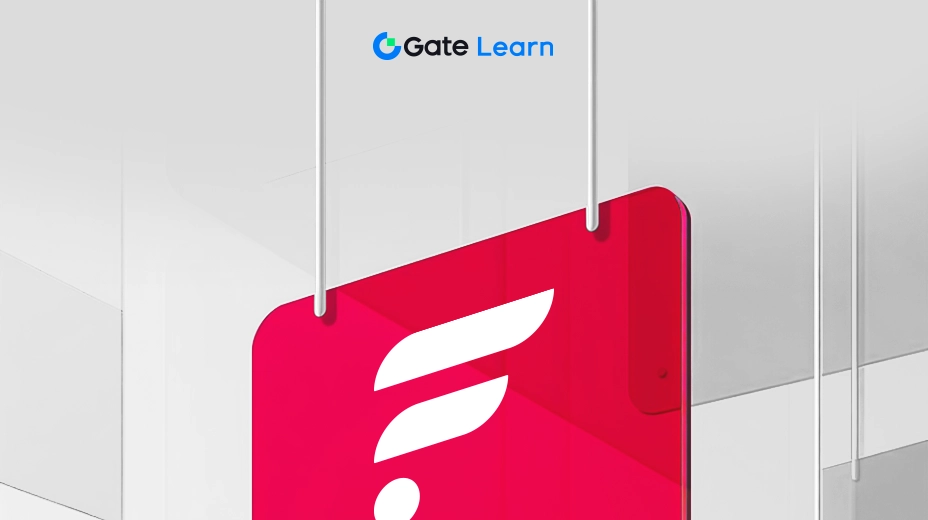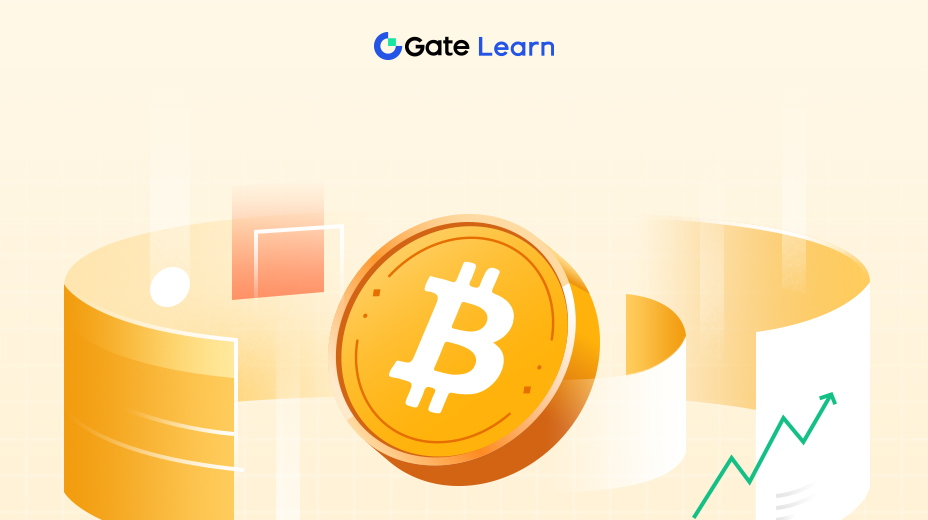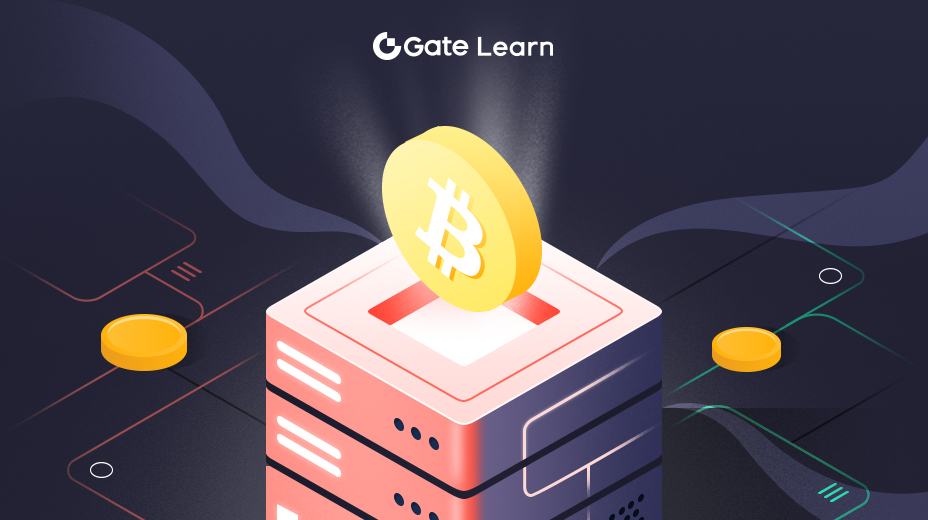Interoperabilidad y Funcionalidad Cross-Chain
Este módulo examina la interoperabilidad y las capacidades cross-chain de Nordek, centrándose en su integración con Ethereum, Binance Smart Chain (BSC) y Arbitrum One.
Integración con Ethereum, Binance Smart Chain y Arbitrum One
La estrategia de interoperabilidad de Nordek mejora su ecosistema al conectarse con redes blockchain prominentes. Estas integraciones amplían la utilidad de los tokens NRK, permitiendo a los usuarios acceder a una variedad de aplicaciones descentralizadas (dApps) y servicios financieros en múltiples plataformas.
Ethereum
La integración con Ethereum permite que los tokens NRK funcionen en la red principal de Ethereum, una red de blockchain ampliamente utilizada y segura a nivel mundial. Al ser parte del ecosistema de Ethereum, los titulares de NRK pueden interactuar con dApps basadas en Ethereum, incluyendo plataformas de préstamos, intercambios descentralizados (DEX) y mercados de tokens no fungibles (NFT). Los usuarios obtienen acceso a la gran liquidez de Ethereum y a un conjunto diverso de protocolos DeFi, lo que aumenta la utilidad del token. NRK se puede negociar en importantes DEX de Ethereum como Uniswap y KyberSwap, lo que ofrece a los titulares una mayor flexibilidad en la gestión de sus activos.
Binance Smart Chain (BSC)
La integración con Binance Smart Chain permite a los titulares de NRK utilizar el ecosistema de BSC, conocido por sus bajos costos de transacción y alta velocidad. Los usuarios pueden comerciar NRK en DEXs basados en BSC como PancakeSwap y participar en pools de liquidez para ganar recompensas. NRK se puede utilizar dentro de los protocolos DeFi de BSC, como plataformas de préstamos y staking, diversificando aún más sus aplicaciones. La integración también permite a los usuarios beneficiarse de velocidades de transacción más rápidas en comparación con la mainnet de Ethereum, lo que hace que BSC sea una opción atractiva para actividades sensibles al costo.
Arbitrum One
Arbitrum One, como una solución de Capa 2 para Ethereum, está diseñado para mejorar la escalabilidad y reducir costos, al tiempo que mantiene la compatibilidad con la red de Ethereum.
Los tokens NRK en Arbitrum One permiten a los usuarios interactuar con dApps que operan en esta red de Capa 2, beneficiándose de tarifas de transacción más bajas y tiempos de procesamiento más rápidos. Los usuarios pueden transferir activos entre Arbitrum One y Ethereum, lo que permite transacciones eficientes entre redes. La disponibilidad de NRK en Arbitrum One respalda aplicaciones que requieren transacciones de alta frecuencia, como juegos y micro pagos.
Multichain (anteriormente Anyswap)
La interoperabilidad de Nordek con estas blockchains está habilitada por Multichain, una plataforma diseñada para transferencias de activos seguras y eficientes entre múltiples redes.
Multichain actúa como un puente, lo que permite a los usuarios mover tokens NRK entre Nordek, Ethereum, Binance Smart Chain y Polygon. Es compatible con el envoltorio de tokens, en el que los tokens NRK se bloquean en una cadena de bloques y los tokens envueltos equivalentes se emiten en la cadena de destino. Esto garantiza que el suministro total se mantenga constante en todas las redes.
Multichain también facilita la transferencia de tokens WETH y USDC entre Nordek y Ethereum, ampliando la gama de activos que los usuarios pueden mover entre plataformas.
Beneficios de Interoperabilidad
Los titulares de tokens NRK obtienen acceso a un conjunto diverso de aplicaciones y servicios en múltiples blockchains. Los usuarios pueden elegir la red que mejor se adapte a sus necesidades en función del costo, la velocidad y la disponibilidad de la aplicación. La presencia de Nordek en múltiples blockchains atrae a más desarrolladores y proyectos, fomentando el crecimiento del ecosistema.
La integración de Nordek con Ethereum, Binance Smart Chain y Arbitrum One ejemplifica su compromiso de construir un ecosistema blockchain flexible y accesible. A través de plataformas como Multichain, la red garantiza transferencias de activos sencillas, lo que permite a los usuarios maximizar los beneficios de la interoperabilidad blockchain.
Tokens NRK envueltos en otras cadenas de bloques
Para habilitar la funcionalidad entre cadenas, los tokens NRK se "envuelven" en otras cadenas de bloques. Este proceso implica bloquear tokens NRK en la cadena de bloques de Nordek y emitir una cantidad equivalente de tokens envueltos en la cadena de bloques de destino. Los tokens NRK envueltos existen en Ethereum, BSC y Arbitrum One.
El proceso de envoltura asegura que el suministro total de NRK permanezca consistente en todas las plataformas. Cuando un usuario decide retirar los tokens envueltos de la cadena objetivo, los tokens son quemados y se desbloquean los tokens NRK correspondientes en Nordek. Este mecanismo mantiene la integridad del suministro de NRK al permitir interacciones cross-chain.
Procesos de transacción entre cadenas y consideraciones de seguridad
Las transacciones entre cadenas implican transferir activos entre diferentes redes blockchain, lo que introduce complejidad adicional y consideraciones de seguridad:
Los usuarios inician transferencias entre cadenas bloqueando sus tokens NRK en la cadena de bloques de Nordek a través de un servicio puente como Multichain. El puente luego emite una cantidad equivalente de tokens NRK envueltos en la cadena de bloques de destino. Para revertir el proceso, los usuarios queman los tokens envueltos en la cadena de bloques de destino, lo que lleva al puente a desbloquear los tokens NRK originales en Nordek.
Las transacciones entre cadenas dependen de la seguridad del servicio de puente y de las blockchains participantes. Los riesgos incluyen posibles vulnerabilidades en los contratos inteligentes del puente, diferencias en los mecanismos de consenso y la posibilidad de ataques de doble gasto. Para mitigar estos riesgos, es esencial utilizar servicios de puente de buena reputación, realizar auditorías exhaustivas de los contratos inteligentes y mantenerse informado sobre las prácticas de seguridad de las redes blockchain involucradas.
Al integrarse con múltiples redes blockchain y utilizar tokens envueltos, Nordek mejora su interoperabilidad y amplía la utilidad de los tokens NRK en varias plataformas. Sin embargo, los usuarios deben permanecer vigilantes sobre las implicaciones de seguridad de las transacciones entre cadenas para proteger sus activos.
Colapso de Multicadena y su impacto en NRK
El colapso de Multichain, un puente cross-chain ampliamente utilizado, tuvo consecuencias significativas para plataformas como Nordek que dependían de sus servicios para transacciones cross-chain. Multichain era fundamental para facilitar la interoperabilidad de los tokens NRK entre la cadena de bloques de Nordek y otras redes. Su falla interrumpió los procesos cross-chain, expuso vulnerabilidades y provocó pérdidas financieras.
Cómo el colapso de Multichain afectó las transacciones cross-chain
Multichain permitió a los usuarios bloquear tokens NRK en la cadena de bloques de Nordek y emitir tokens NRK envueltos en otras cadenas, lo que les permitió ser utilizados en aplicaciones descentralizadas y servicios más allá del ecosistema de Nordek. El colapso de Multichain detuvo estas operaciones, dejando a los usuarios incapaces de mover sus tokens entre cadenas. Esto creó cuellos de botella en la liquidez y accesibilidad, ya que los tokens NRK envueltos en las cadenas de destino ya no podían ser canjeados por sus tokens originales.
Seguridad y Pérdidas de Activos
- Pérdida de tokens:Los usuarios que tenían tokens NRK envueltos en blockchains objetivo se enfrentaron al riesgo de perder permanentemente sus activos, ya que los tokens no se podían quemar para liberar el NRK original en Nordek.
- Drenajes de liquidez:Los activos bloqueados en el puente Multichain se volvieron inaccesibles, lo que redujo la oferta circulante de NRK y afectó su liquidez en los mercados.
- Depreciación del valor:La incapacidad de canjear tokens NRK envueltos y la incertidumbre asociada causaron una disminución en la utilidad de NRK y la confianza del mercado, lo que potencialmente podría reducir su valor de mercado.
Resultado final para NRK
- Pérdidas del usuario:Los poseedores de tokens NRK envueltos en otras blockchains no pudieron recuperar sus tokens originales, lo que resultó en pérdidas financieras directas.
- Liquidez e Impacto en el Mercado:La interrupción en las operaciones cross-chain redujo la funcionalidad y la liquidez del mercado de NRK, afectando su adopción y usabilidad.
- Confianza del Ecosistema:El incidente destacó los riesgos de depender de servicios de terceros como Multichain, lo que provocó llamados a soluciones de enlace más robustas y descentralizadas.
Aspectos destacados
- Integración Cross-Chain: Nordek se conecta a Ethereum, BSC y Arbitrum One para expandir la usabilidad de NRK en dApps y servicios.
- Ethereum: NRK está disponible en Ethereum, lo que permite operaciones en DEXs como Uniswap y acceso a protocolos DeFi.
- BSC: NRK en BSC admite transacciones de bajo costo, pools de liquidez y participación en plataformas DeFi.
- Arbitrum One: NRK en Arbitrum One ofrece transacciones más rápidas y económicas y es compatible con aplicaciones de alta frecuencia.
- Puente Multicadena: Multicadena facilita transferencias seguras de NRK a través de redes, manteniendo la consistencia del suministro de tokens.





